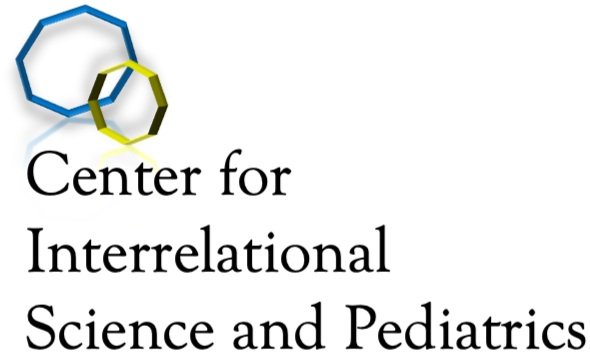Workforce Development and Training.
Our focus is on improving behavioral health outcomes by supporting individuals and organizations to reach their full potential. To do this, we must support our workforce, by investing in the inherent strengths and skills of individuals.
We can assist your organization with implementing comprehensive and sustainable programs that support staff wellness.
By leveraging local resources, your organization and broader community can participate in a transformative and novel approach to tackling adverse childhood experiences, bridging gaps in access to health care services, and expanding wellness with a focus on prevention and early intervention.
In 2022 & 2023, the Georgia Department of Behavioral Health and Developmental Disabilities, Resilient Georgia, and the Center for Interrelational Science and Pediatrics partnered to provide workforce development and training to staff across more than 168 organizations serving children, young adults, and families.
Training description:
-
The CRM Introduction lays the foundation for self-care using body-based wellness skills. Participants will learn about the neuroscience that informs CRM and will be invited to engage in light practice with 1-2 wellness skills. Presenters will discuss how to introduce CRM skills within diverse settings and while working with diverse populations. Evidence supporting the use of CRM amongst healthcare providers and frontline workers experiencing burnout will be highlighted.
-
The CRM Workshop will guide participants toward expanding their own wellbeing while also equipping them with tools to guide others through the six CRM wellness skills. Extended practice in small groups and CRM Guide materials are provided. Registration is limited and attending a CRM Introduction prior to a CRM Workshop is strongly encouraged.
-
Duva, IM., Murphy, JR., Grabbe, L. A Nurse-Led, Well-Being Promotion Using the Community Resiliency Model, Atlanta, 2020- 2021. Am J Public Health. 2022;112(S3):S271-S274.
Freeman, K., Baek, K., Ngo, M., Kelly, V., Karas, E., Citron, S., Montgomery, S. Exploring the Usability of a Community Resiliency Model Approach in a High Need/Low Resourced Traumatized Community. Community Ment. Health J. 2021.
Grabbe, L., Higgins, M., Baird, M., Pfeiffer, K. Impact of a Resiliency Training to Support the Mental Well-being of Front-line Workers. Med. 2021;00: 000-000
Grabbe, L., Higgins, M., Jordan, D., Noxsel, L., Gibson, B., Murphy, J. The Community Resiliency Model®: a pilot of an interoception intervention to increase the emotional self-regulation of women in addiction treatment. Int J Ment Health Addict. 2020;19:
Grabbe, L., Higgins, M., Edwards, A., Craven, A., Baird, M., Fratello, S. The Community Resiliency Model® to promote nurse well-being. Nurs Outlook. 2019;68(3):324-336.
The Community Resiliency Model (CRM), developed by the Trauma Resource Institute in Claremont, California, introduces a paradigm shift in how individuals understand their own responses to stress and trauma.
To request a CRM training for your organization, book a meeting with us.
“I love the concept of the resources - and being intentional about building a ‘bank of resources.’”
“I learned how to better communicate with parents about behaviors in a more positive manner.”
“I love learning about the brain.”
“I can use this information with my staff and parents...”


